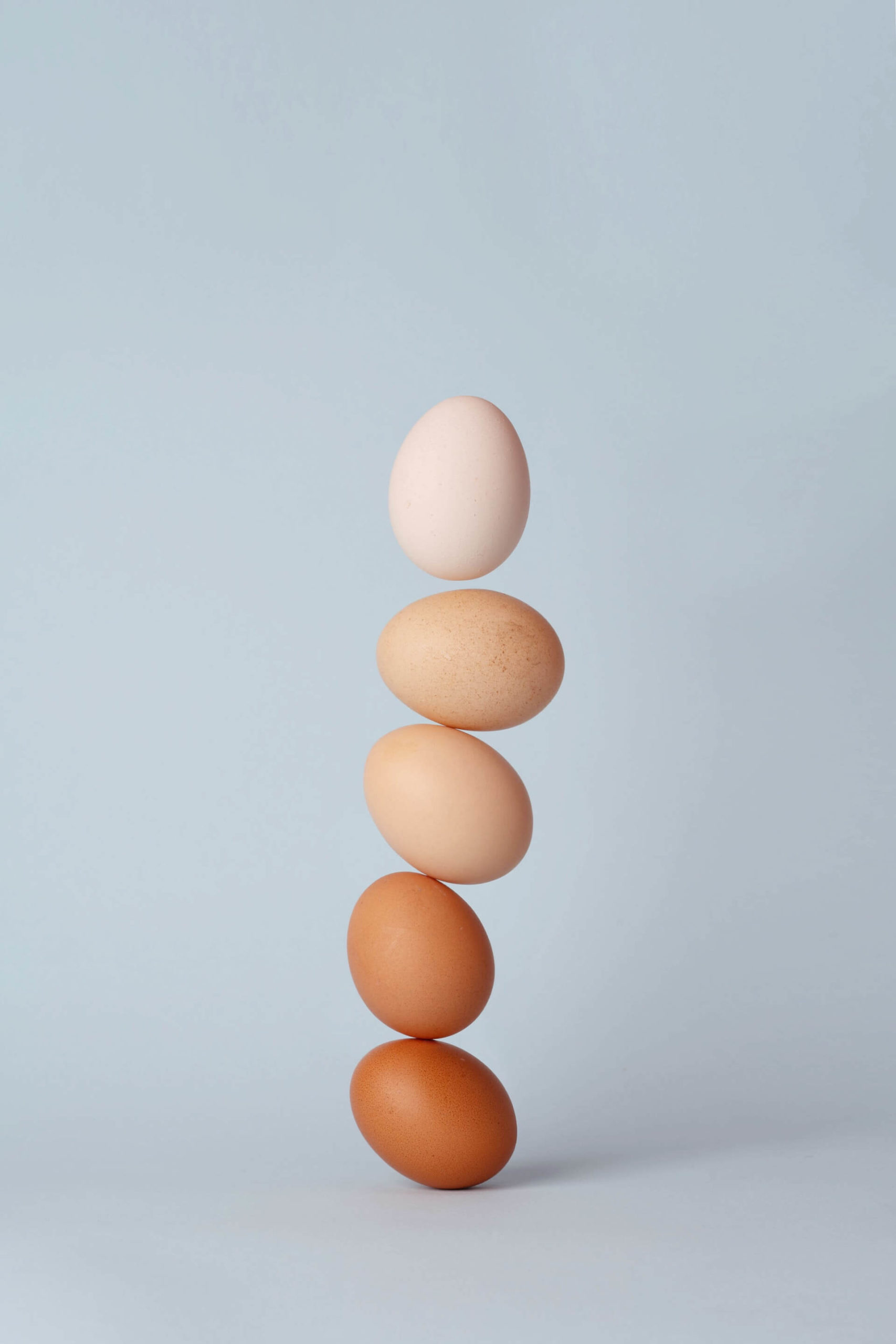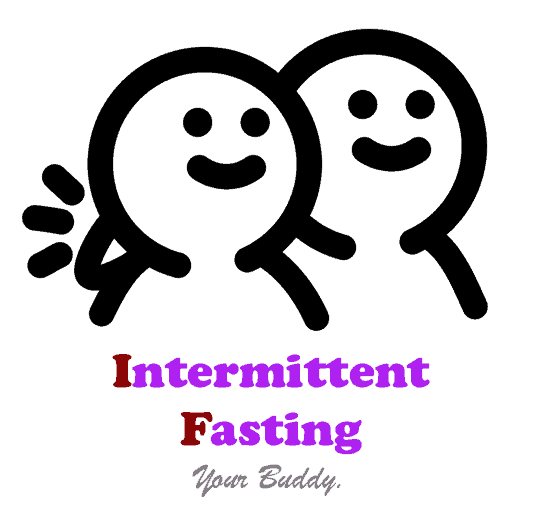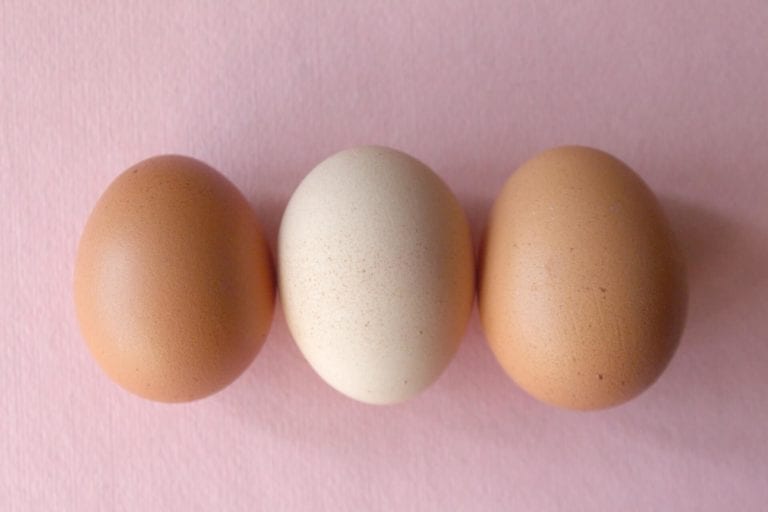Intermittent fasting is a great, easy diet for those who want to lose weight and get healthy. One of the things that make it stand out is that it doesn’t come with a list of foods to eat. You may find some recommendations here and there, but there’s no officially approved list. That can be great for many people who enjoy the freedom to create their own diet. But others find it difficult and keep wondering what the healthiest foods are to eat and especially to break a fast with. For instance, a common question is ‘can you break a fast with eggs?’.
The answer is yes, you absolutely can. Protein and fats are both recommended for breaking a fast and eggs have both. They’re also incredibly nutritious, which is perfect after you’ve abstained from food for many hours. There may be some side effects, depending on any underlying health conditions and how the eggs are cooked. But generally, most people tolerate them well.
Let’s dive deeper into the topic and see when eggs are good for breaking a fast, what their benefits are, and how an egg fast can be combined with intermittent fasting.
Can you break a fast with eggs?
Eggs are one of the best foods to break a fast with. They are rich in protein and healthy fats, but they are also low in calories. If you’re the type of person that can’t eat a lot of food after a fast, eggs are a great way to eat a meal rich in nutrients, but small in quantity.
Their high protein content prevents muscle loss. Those who also exercise while fasting shouldn’t be too worried about this, but prevention won’t hurt. Also, eggs are high in leucine, an amino acid that helps muscle growth. In other words, if you’re trying to build lean muscle, you’ll want to include eggs in your diet.
They are also easy to digest, so if you know your stomach is sensitive especially after a fast, eggs are the perfect food to break it with. Of course, it all depends on how you cook them and what else you add to them. If you’re looking for a small meal that won’t upset your digestive system, you may want to stay away from fried eggs for instance, or pay more attention to what you add to your omelet.
Are eggs good for intermittent fasting?
Eggs are a good addition to any diet, and intermittent fasting is no exception. A single hard-boiled egg will give you 6% of your RDA (recommended daily allowance) for vitamin A, 6% folate, 22% of the RDA of selenium, 15% vitamin B12, and more. All that with only 77 calories!
Eggs also contain choline, an important nutrient used to build cell membranes. Other notable nutrients include lutein and zeaxanthin, two antioxidants extremely beneficial for eye health.
You might have heard at some point the old claim that too many eggs will raise your cholesterol. That is in great part a myth. Research shows that 70% of people who consume eggs do not get a rise in LDL (bad cholesterol). The other 30% may get a mild rise in total and LDL cholesterol. What eggs do raise is the HDL (good cholesterol). People who have high levels of HDL have a lower risk of heart disease, stroke, or other similar problems. The great news is that studies showed how 2 eggs per day for 6 weeks can increase HDL by up to 10%.
In intermittent fasting, because you’re skipping 1-2 meals per day, your chances of getting all the vitamins and minerals from food alone are slightly reduced. For this reason, you need to focus on including foods that are extremely rich in nutrients and eggs are one of them. Whether you break a fast with eggs or simply include them in your other meals, they are a food you should include in your diet.
Combining an egg fast with intermittent fasting
What is an egg fast?
An egg fast is a form of the ketogenic diet that consists mainly of eggs, butter, and cheese. It is obviously a very restricted diet, which is why you should be on it for a very short period, usually 3-5 days. Its main goal is to help you bust through a weight loss plateau.
The plan is also very restrictive and has many rules. For instance, you need to eat at least 6 eggs per day and for each egg, you should also eat 1 tablespoon of butter or other healthy fats. You have to eat one whole egg within 30 minutes of waking up and you should stop eating 3 hours before bed. That being said, people make modifications to suit their lifestyle and their needs. The most important is, however, to eat the required number of eggs and to maintain the protein-fat-carbs balance to ensure ketosis.
Can you combine it with intermittent fasting?
Technically, you can. You will need to bend the rules of the egg fast regarding your first and/or your last meal. For instance, if you’re doing the 16/8 method, you won’t be able to fast for 16 hours if you eat an egg within 30 minutes of waking up and stop eating 3 hours before bed unless you sleep for about 12-13 hours. Since you’re probably not sleeping that much, you’ll need to either move the first meal or stop eating a lot sooner.
Most people claim to lose 5-10 pounds during an egg fast. Since you’re combining it with intermittent fasting, which naturally restricts the number of calories you eat, there’s a risk to undereat, so make sure you’re eating enough to have energy throughout the day. You’ll also need to pay close attention to how you eat on the days following the egg fast if you want to avoid gaining all the weight back.
The bottom line
Can you break a fast with eggs? Absolutely. And if you don’t like breaking your fast with them, you should still try to include them in your intermittent fasting diet. They are a great way to get a lot of nutrients in, a lot of protein and healthy fats, but with very few calories. They promote lean muscle growth and healthy cholesterol levels. An egg fast could also help you break through a weight-loss plateau, but make sure you don’t stay on such a restrictive diet for too long.

